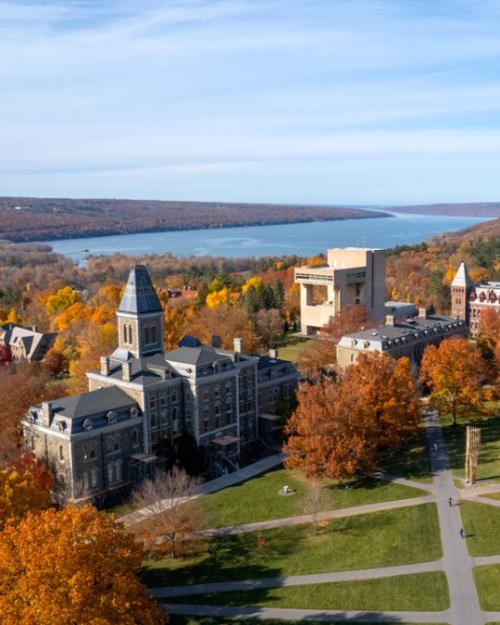The Supreme Court’s ruling against affirmative action policies at Harvard and the University of North Carolina forces students and admission offices to employ workaround options, which scholars such as Professor Hirschman presume will not go the distance in furthering diversity in collegiate classrooms.
With admission procedures now blind to race at these schools, applicants’ only choice is to communicate their experiences, with overcoming racial discrimination or experiences with racism, in their application essays.
“Holistic practices” used by the University of California, Berkely—where affirmative action was banned in 1996—incorporate neighborhood context data (e.g. socioeconomic indicator) alongside an applicant’s narrative and application materials.
While this is better than not making any effort to diversify at all, a recent study by Zachary Bleemer notes only a 7% improvement in diversity using a holistic review, compared to 20% under affirmative action.
Such studies leave scholars such as Dan Hirschman expecting a decline in racial diversity, even with admission offices incorporating “holistic practices.”
“If the country follows the trajectory of the University of California and the University of Michigan after bans in those states, then we are looking at a significant increase in overall racial inequality…Affirmative action in college admissions clearly didn’t solve racial inequality in education in the US, but ending it will exacerbate the already massive problem.”





